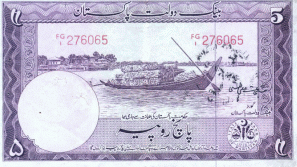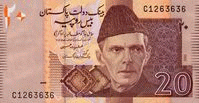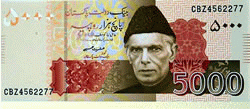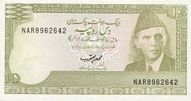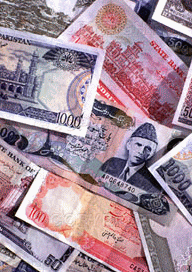
The
trading that exists between currencies of two countries is termed as the
foreign exchange market or the Forex market. These exchanges of currencies are facilitated by brokers or a financial institution in the timeliest manner. Today, Forex trading is no longer strange to the masses and many individuals are already engaged in this business, which really does not come very far from the stock market. The difference between the two, however, is that Forex is comparatively larger in scale than the
Forex market. Practically all kinds of individuals and institutions are engaged in Forex such as the banks, governments, businesses, brokers, and even individual traders who are often called speculators. The state of the financial market and the economy is what determines the state of the currency of a particular country. A very large sum of money is changing hands in the Forex market; an amount reaching to trillions of dollars everyday.According to the records, the largest sum of
money that change hands over these past years happened between banks, something called an interbank transaction. In fact, 50 percent of the Forex transactions are facilitated by the banks. This goes to show that banks use Forex to earn money from the deposits made by the people and the businesses to them. Part of these earnings goes to the interest these banks pay to their depositors. In fact, Forex trading is one of the best income earners of many banks around the world. Some banks allow their deposits to be traded on Forex and ready them the next morning for withdrawals by their depositors.Big companies also trade their cash reserves in
Forex to gain income. Example of this blue chip companies and financial institutions that trade Forex are Deutsche Bank, UBS, Citigroup, HSBC, Barclays, Merrill Lynch, JP Morgan Chase, Goldman Sachs, ABN Amro, Morgan Stanley, and many others. Forex trading is part of their strategy to increase wealth of their stock holders. Smaller companies also participates in Forex although not as broadly as the big companies for obvious reasons.A country’s Central Bank plays a very important role when it comes to taking care of the Forex market and the Forex rate for its nation. In fact, the Central Bank is what determines the amount of money to be put in circulation and to some extent; it could affect the interest rate if needed – although other countries would cry foul if intervention is done. A large volume of trading usually happens in premiere
markets such as in Tokyo, New York, and London. Of course, smaller markets around the world are also doing trading but not as large scale as these markets being mentioned. What ever the result of trading by these large companies and corporations in Forex, a portion of it is passed on to their investors – that is to say loss or gain






























